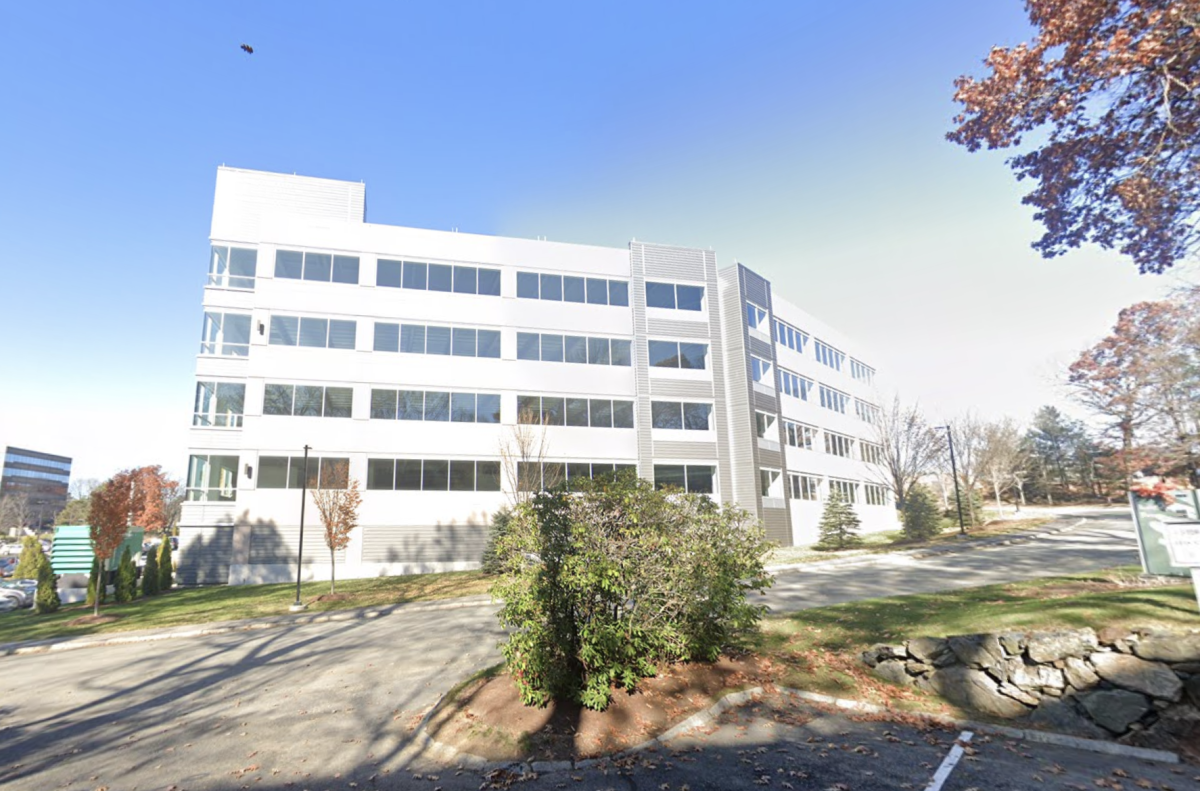By Jeewan Ambat, political columnist
With Brexit and the election of President Donald J. Trump, the West has been in the gusts of a major political wind. A mesh of slowly-evolved economic populism and more recently, nationalism, seems to have swept Britain and the United States in its path and is currently heading for Germany and France as they hold their respective federal and presidential elections.
With the announcement of her bid for a fourth term, German Chancellor Angela Merkel of the Christian Democratic Union faces perhaps her biggest re-election challenges in recent history. Germany has been a center of the European refugee crisis, and Merkel’s views and handling of the crisis—involving the acceptance of nearly a million refugees—have stoked nationalist and anti-immigration views held in Germany and other European countries.
These views have manifested into radical right-wing parties that have been making significant political gains in countries across Europe. For Germany, this party is the Alternative for Germany (AfD), whose central policies concern an anti-immigration stance and opposition to the European Union (EU). The refugee crisis, perceived increases in migrant crime and events such as the 2016 Berlin terrorist attack on a Christmas market have continued to fuel the AfD’s rising popularity. Frauke Petry, the AfD’s candidate for Chancellor, has been sharply surging in opinion polling in the last half year.
But even before Germany, France has a coming presidential election of its own. With current President François Hollande’s historically low popularity and refusal to seek re-election, the political Left of France is fractured. However, of more interest is the division within the political Right. If Germany has the AfD, France has the National Front, a far-right party that touts economic protectionism and anti-immigration policies. Marine Le Pen, the National Front’s candidate for president, has been neck-and-neck with Right-field contender François Fillon of the Republican party. Her performance is far above what most political experts have foreseen.
As in the United States and Britain, it is easy to dismiss the surge of the AfD and National Front as extremist political factions who will swiftly fall to the side when the people see them for their ridiculousness and lunacy. However, as we’ve seen with Brexit and the election of Trump, the ideology behind these parties is no joke. It is unwise to make light of them, the views they hold and, most importantly, the people who support them.
These people hold the power to vote, and they will use that power on Election Day to choose the candidates who promised to cease illegal immigration, detach from the EU and give them the “freedom” that has been withheld from them for so long. We should be paying keen attention to these races, as they could have profound implications for the EU and the Eurozone. Merkel is a huge driving force of the EU, and Petry has demonstrated, at minimum, skepticism toward the EU.
The media catering to these extreme parties seems to be noticing. Breitbart, for example, is planning to set up shop in Germany and France ahead of their elections. This almost should not be a surprise. The website, a hub of the alt-right and extremist Trump supporters, has already begun posting a slew of articles negatively targeting Merkel (mostly concerning the refugee crisis) as well as drumming up support for Le Pen.
The sentiment of AfD or National Front supporters, however, isn’t as startling as it should be to me. After all, I’ve seen the same streaks in America, which reached its climax on Nov. 8.








